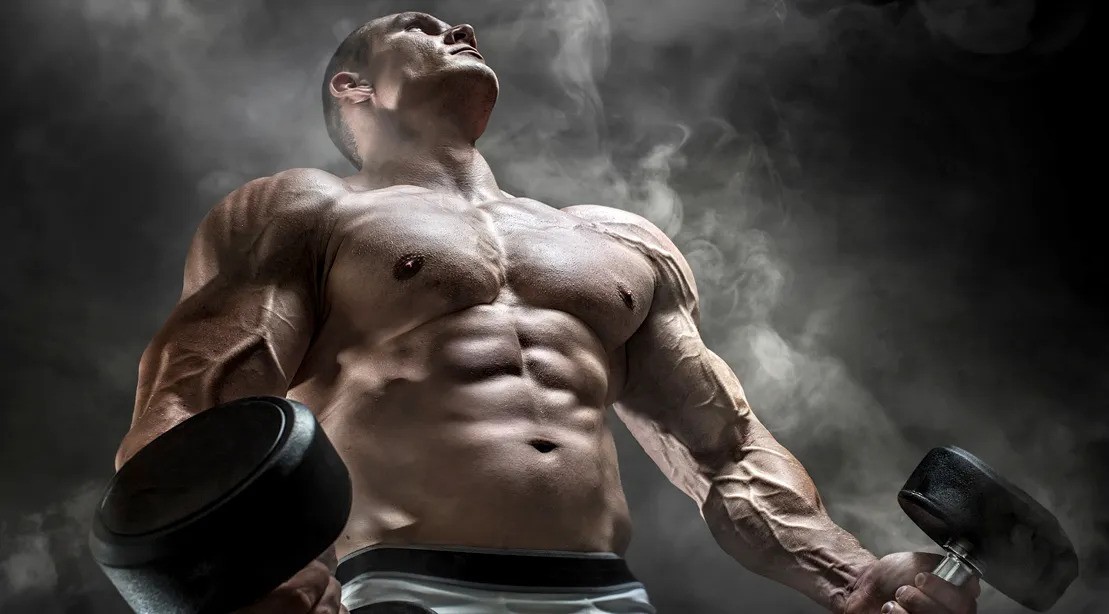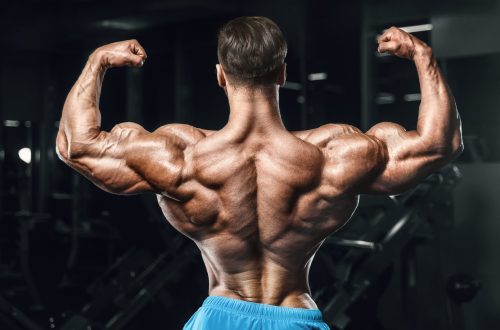Bodybuilding is more than just lifting weights; it’s a blend of art, science, and dedication aimed at achieving a muscular, symmetrical, and well-defined physique Umbrella labs review. Whether you’re a beginner or a seasoned athlete, bodybuilding is a journey that involves careful planning, disciplined training, strategic nutrition, and a commitment to improvement. In this article, we’ll explore the fundamentals of bodybuilding and how to approach it effectively.
Understanding Bodybuilding
At its core, bodybuilding is the practice of developing muscle mass and definition through a combination of strength training exercises and dietary control. Unlike other fitness regimens that may focus primarily on health or endurance, bodybuilding is all about achieving a certain aesthetic, with a focus on muscle size, symmetry, and muscle definition.
Bodybuilders use resistance training, such as weightlifting, to target specific muscle groups. Over time, this causes the muscles to grow in size and strength through a process known as hypertrophy, where muscle fibers repair and increase after being stressed during exercise.
The Key Components of Bodybuilding
1. Training
Training is at the heart of bodybuilding. Most bodybuilders follow a split training routine that targets different muscle groups on different days, ensuring that each muscle group gets adequate rest and recovery between sessions.
- Progressive Overload: This principle involves gradually increasing the weight or intensity of exercises over time to continually challenge the muscles, forcing them to adapt and grow.
- Compound vs. Isolation Exercises: Compound movements like squats, deadlifts, and bench presses involve multiple muscle groups and should be the foundation of a bodybuilding routine. Isolation exercises like bicep curls or leg extensions target specific muscles and help enhance overall muscle definition and shape.
2. Nutrition
Muscle growth and fat loss depend heavily on proper nutrition. Without the right fuel, your body won’t have the energy to perform well in the gym or recover afterward.
- Protein: Protein is essential for muscle repair and growth. Bodybuilders typically aim for 1.2 to 2.0 grams of protein per kilogram of body weight each day.
- Carbohydrates: Carbs provide the energy needed for intense workouts. Choosing complex carbs like whole grains, oats, and sweet potatoes will give you long-lasting energy for your training.
- Fats: Healthy fats play an important role in hormone regulation, including the production of testosterone, which is vital for muscle growth. Sources of healthy fats include avocados, nuts, seeds, and olive oil.
- Caloric Surplus/Deficit: Depending on your goal, you may need to eat more calories (caloric surplus) to build muscle or fewer calories (caloric deficit) to shed excess fat. A good balance of macronutrients (proteins, fats, and carbs) is essential for maximizing results.
3. Rest and Recovery
Rest is often overlooked in bodybuilding but is just as important as training and nutrition. When you work out, you create tiny tears in your muscle fibers. Rest days allow these fibers to repair and grow, leading to muscle development.
- Sleep: Getting 7-9 hours of sleep per night is essential for muscle recovery and hormone regulation.
- Active Recovery: Incorporating light activities such as walking, swimming, or yoga on rest days can help reduce soreness and improve flexibility.
4. Supplementation
Supplements can enhance a bodybuilder’s performance, though they should never replace proper nutrition. Common bodybuilding supplements include:
- Protein Powder: Whey, casein, or plant-based protein powders can help you reach your daily protein intake.
- Creatine: Creatine helps increase muscle mass, strength, and endurance by replenishing ATP (adenosine triphosphate), which fuels muscle contractions.
- BCAAs (Branched-Chain Amino Acids): These essential amino acids help promote muscle recovery and reduce muscle soreness.
- Pre-Workout Supplements: These often contain caffeine, beta-alanine, or nitric oxide boosters to improve energy levels and exercise performance.




